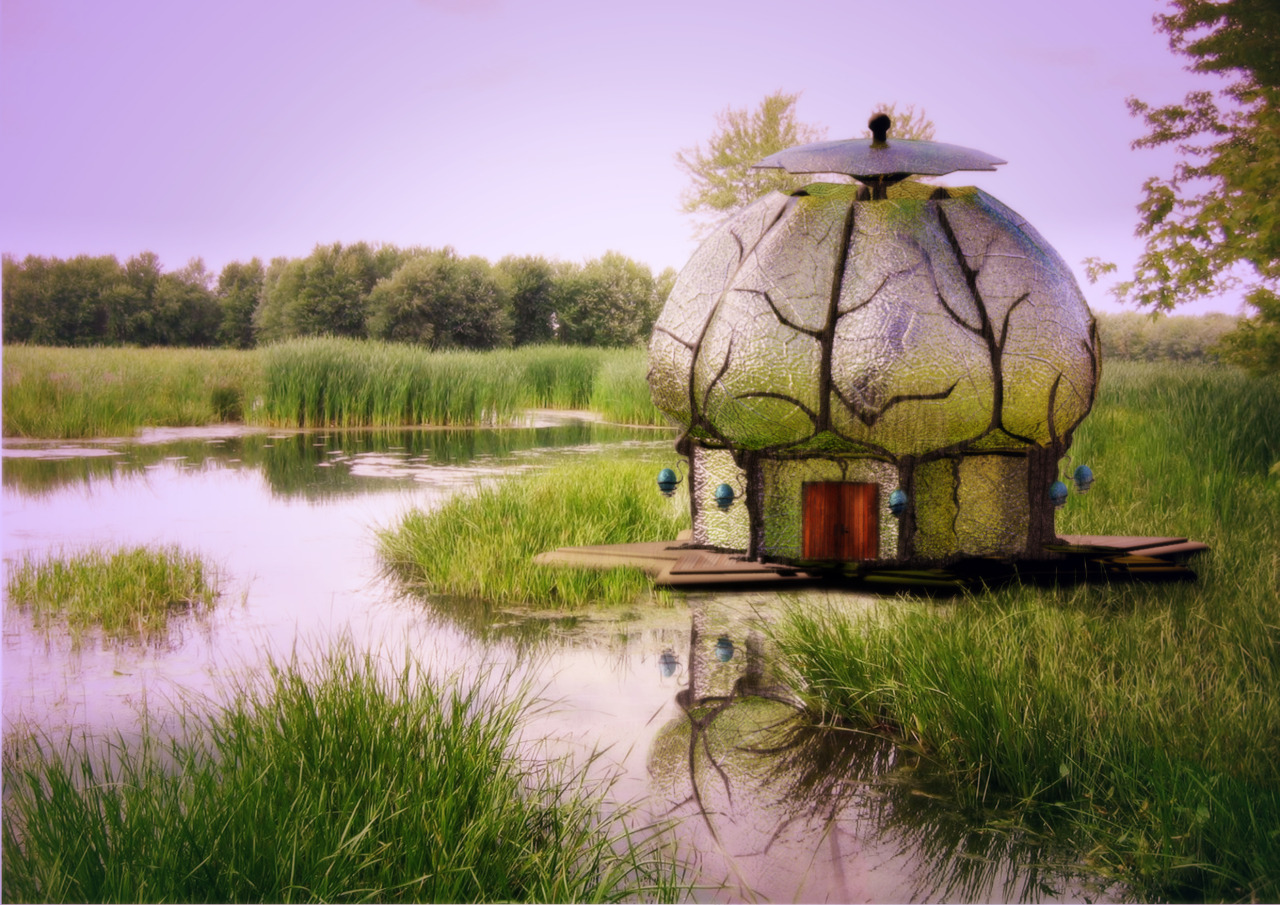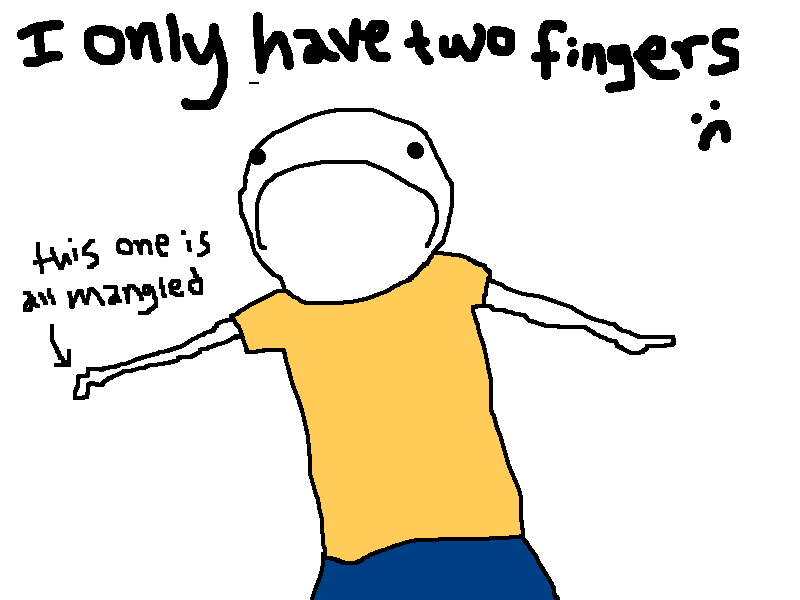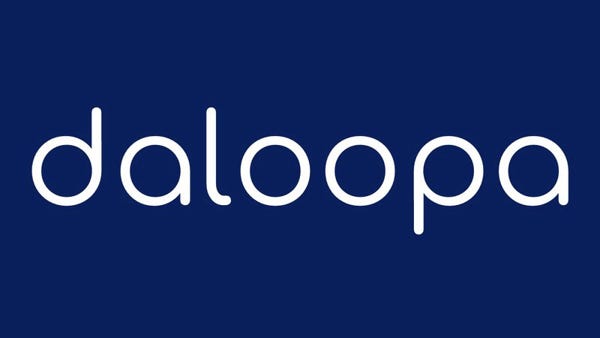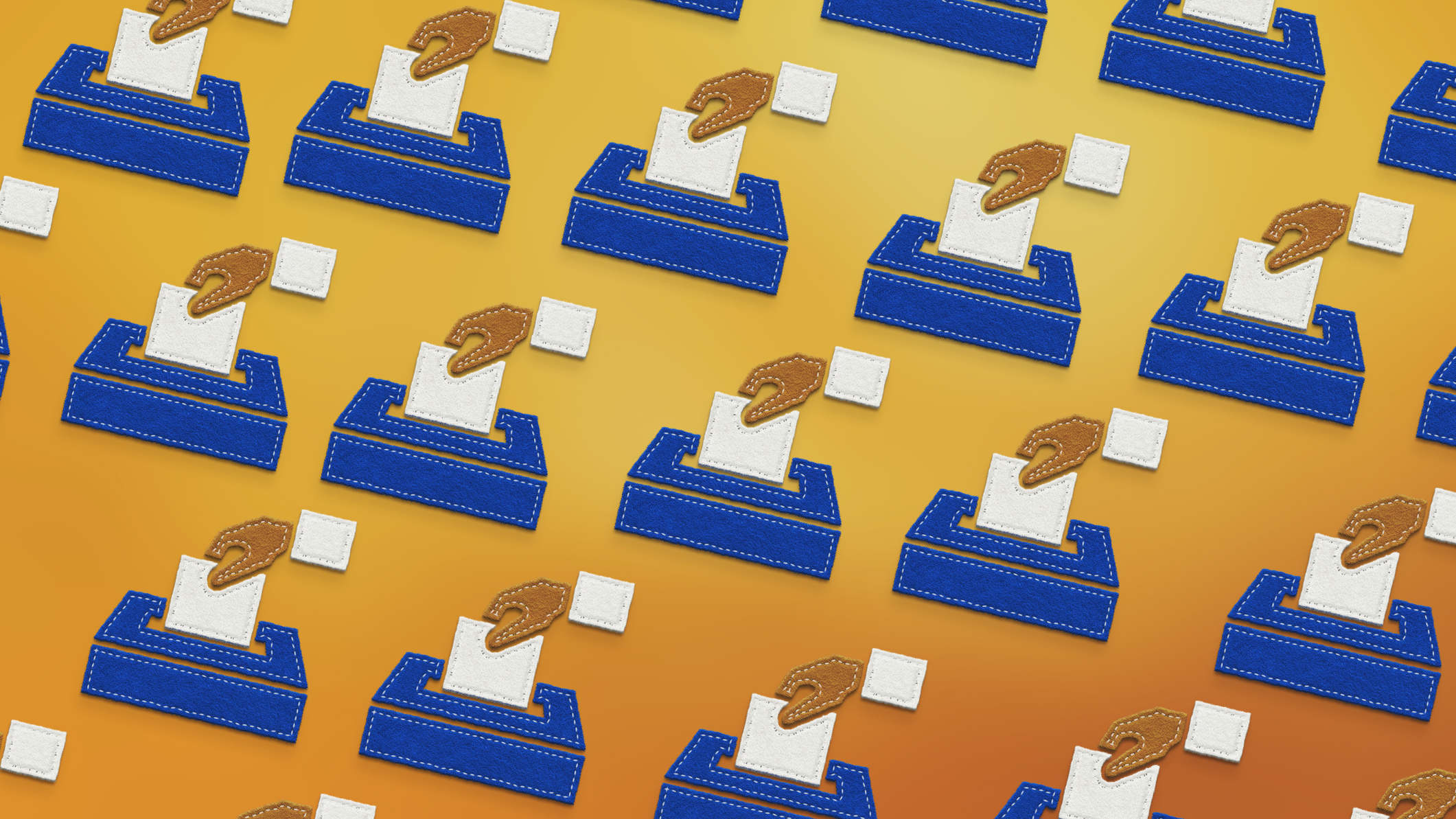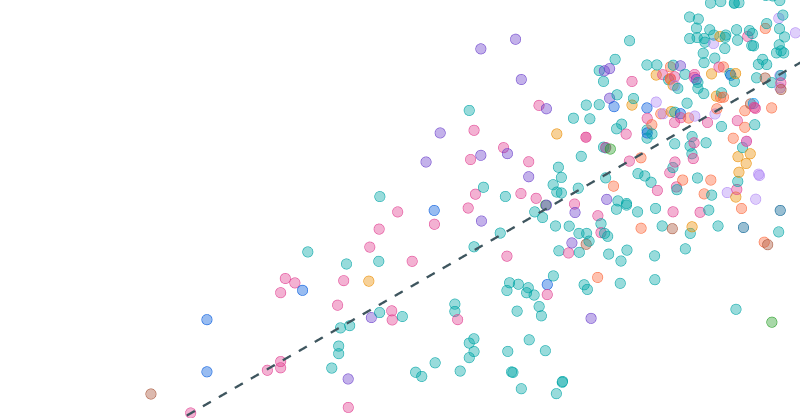
A Shift in the World of Science
Technology observers have grown increasingly vocal in recent years about the threat that artificial intelligence poses to the human variety. A.I. models can write and talk like us, draw and paint like us, crush us at chess and Go. They express an unnerving simulacrum of creativity, not least where the truth is concerned.
A.I. is coming for science, too, as this week’s Nobel Prizes seemed keen to demonstrate. On Tuesday, the Nobel Prize in Physics was awarded to two scientists who helped computers “learn” closer to the way the human brain does. A day later, the Nobel Prize in Chemistry went to three researchers for using A.I. to invent new proteins and reveal the structure of existing ones — a problem that stumped biologists for decades, yet could be solved by A.I. in minutes.
Cue the grousing: This was computer science, not physics or chemistry! Indeed, of the five laureates on Tuesday and Wednesday, arguably only one, the University of Washington biochemist David Baker, works in the field he was awarded in.
